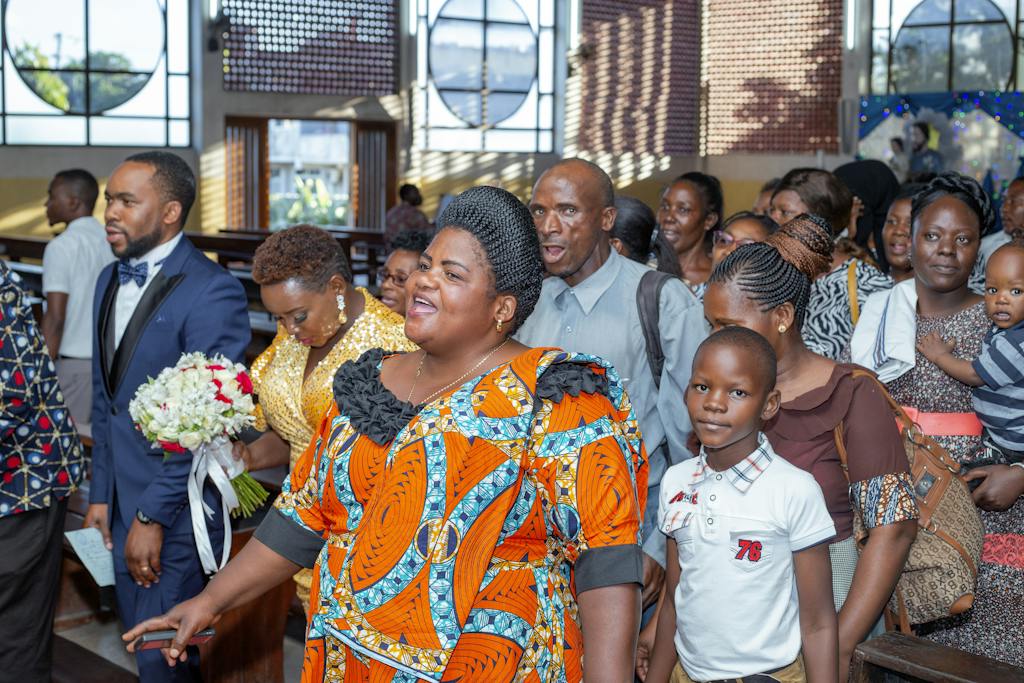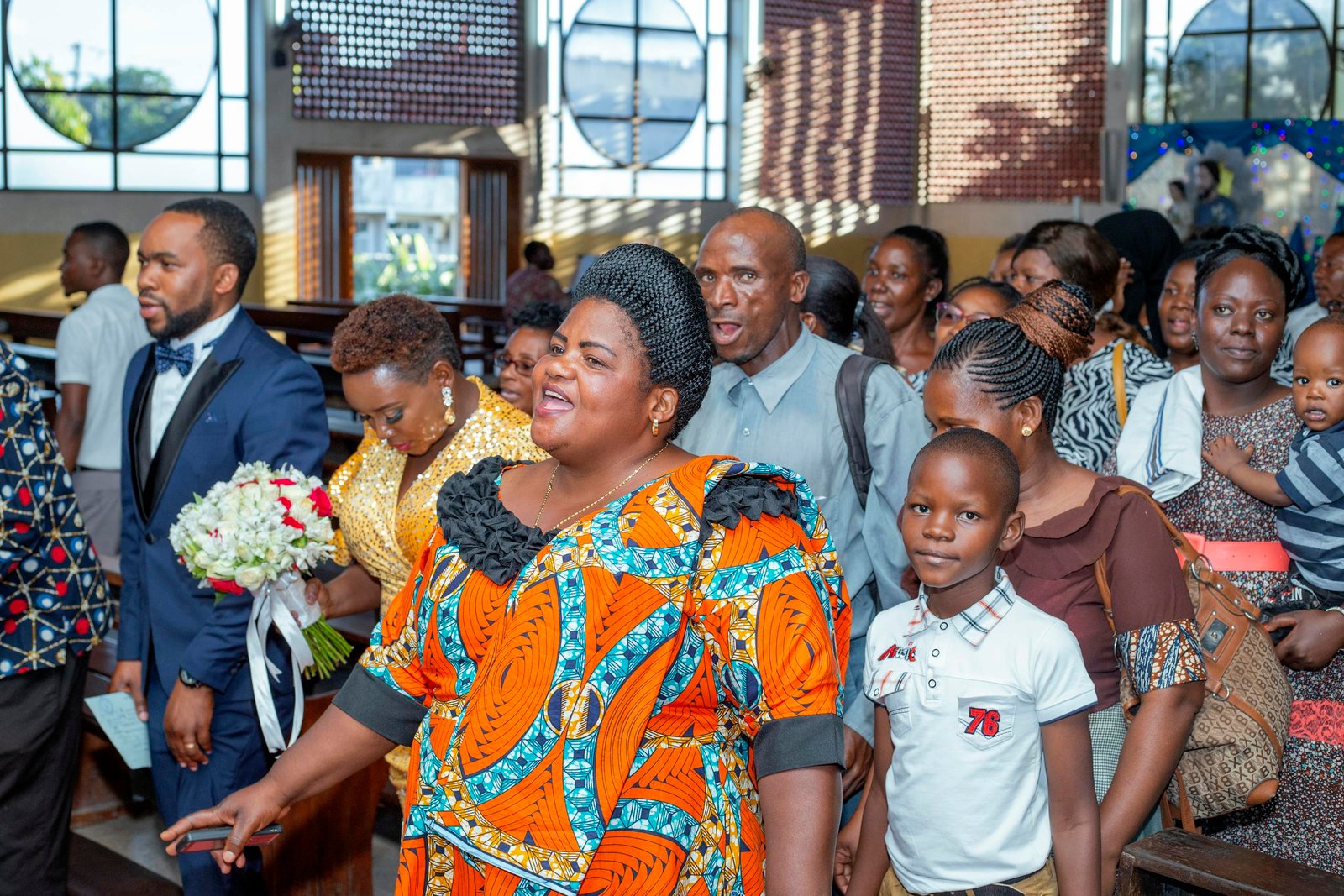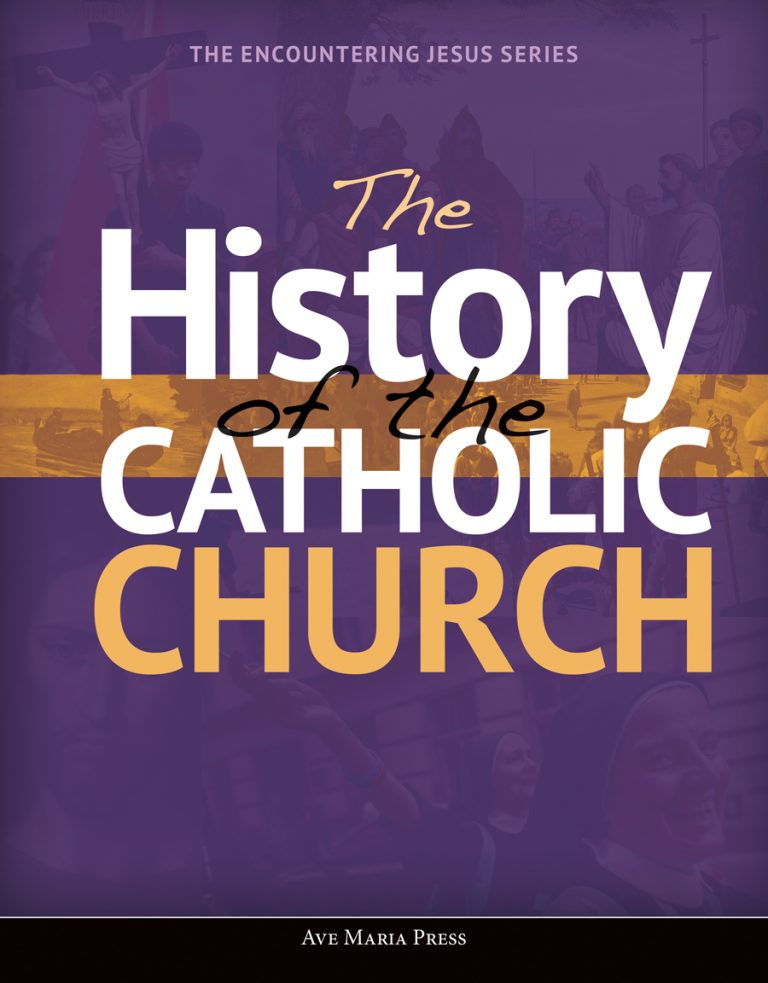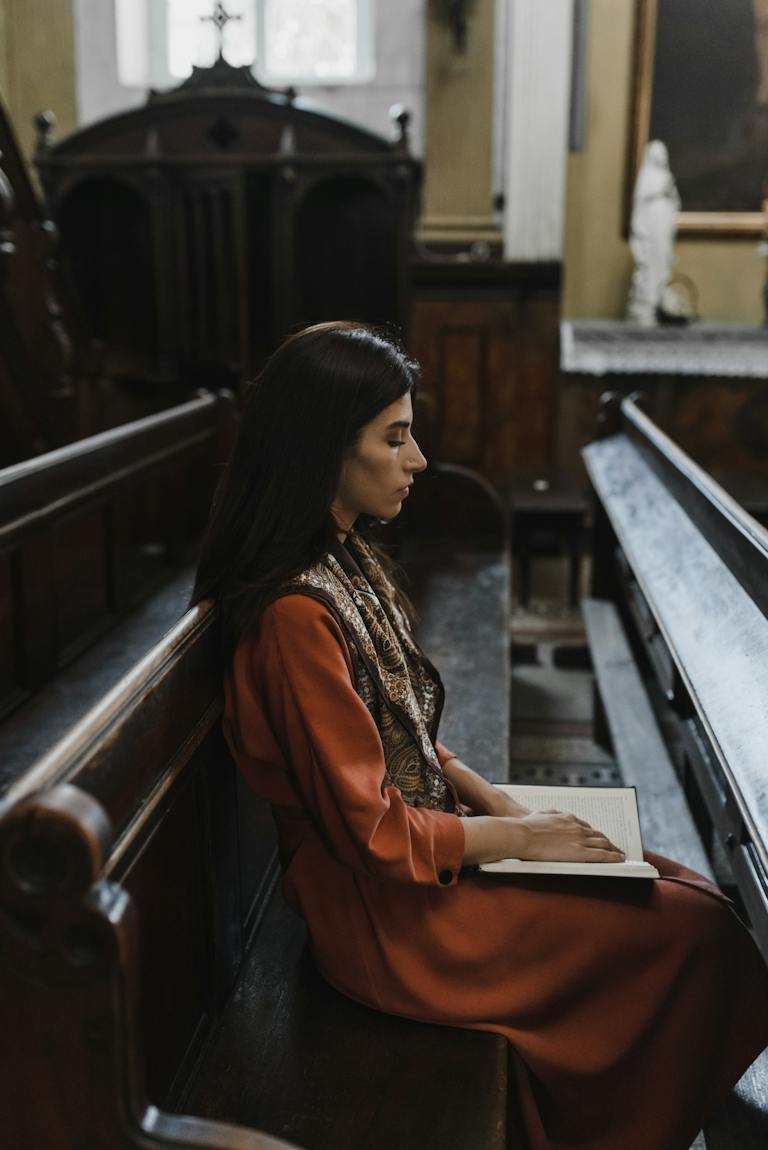Catholic sunday readings: A complete Guide
As Catholics, the Sunday Scripture readings that we hear at Mass are so familiar, yet do we truly understand their significance in our lives? The short answer is that these readings are vital; they anchor us to the very foundation of our faith through the Word of God.
In this post, I’d like to provide an overview of the Catholic Sunday readings: what they are, their purpose, their structure, and most importantly, why they matter for our spiritual growth.
What are the Sunday readings?
The Sunday readings refer to the Scripture passages that are proclaimed during the Liturgy of the Word at Sunday Mass. They typically include three readings:
First Reading: From the Old Testament Psalm: From the Book of Psalms Second Reading: From the New Testament Letters Gospel Reading: From one of the four Gospels
On certain solemnities, there may be slightly more readings, but this three-reading structure holds for most Sundays. The Lectionary – the liturgical book containing all the Scripture readings – assigns specific readings to each Sunday of the year on a three-year cycle: Year A focuses on the Gospel of Matthew, Year B on the Gospel of Mark, and Year C on the Gospel of Luke.

Purpose of the Sunday Readings
On a basic level, these readings expose us to large portions of the Bible over a three-year period. But more than just familiarizing us with Scripture, they serve to nourish us spiritually and bring us into a deeper relationship with the Triune God:
- They reveal God’s progressive revelation across salvation history. From Creation in Genesis to the early Church in Acts, we journey through sacred history.
- They allow us to hear Christ directly speak to us in the Gospel reading. We sit at the feet of Jesus as faithful disciples being taught the Good News.
- They connect all of Scripture into one unified narrative that finds its fulfillment in Christ. He is the key that unlocks the meaning of all the texts.
- They attune us to the rhythm of the liturgical seasons like Advent and Lent through prophetic and apostolic texts.
- They prompt us to examine our lives, guiding us to repentance and renewed faith in God.
In other words, the Sunday readings order not just our worship, but our interior lives as well.
Structure of the Catholic Sunday Readings
As mentioned earlier, the Sunday readings typically follow a set structure:
First Reading (Old Testament)
The first reading is usually chosen because it correlates to a theme found in that Sunday’s gospel passage. It may foreshadow or prophesy Christ’s coming, relate details seen in Jesus’ life, or examine an aspect of salvation history that provides background for properly understanding the gospel message. Some key books that appear often here are Genesis, Exodus, Prophets like Isaiah, and Wisdom literature.
Responsorial Psalm
After the First Reading comes the Responsorial Psalm, where we respond to God’s Word through sacred poetry and song taken from the Book of Psalms. The psalm further elaborates on the theme of the day through poetic and metaphorical language that comes from a place of prayer and praise.
Second Reading (New Testament Letters)
Next comes the Second Reading, which typically comes from one of the New Testament epistles or letters written by apostles like Paul, John, James, and others. This reading usually doesn’t tie directly into the gospel theme but rather focuses on apostolic instruction regarding Christian faith and living.
Gospel Reading
The high point of the Liturgy of the Word is undoubtedly the proclamation of the gospel reading. We stand to honor Christ by directly addressing us through His words and actions. The priest or deacon proclaims “A reading from the Holy Gospel according to Matthew, Mark, Luke, and John” while making the Sign of the Cross with his thumb on the Gospel book and our foreheads, lips, and hearts. This symbolizes Christ’s desire for His Word to fill our minds, speech, and hearts.
We see from this structure that great spiritual riches lie within our weekly Sunday readings. Now let’s explore further why they’re so meaningful for our lives as believers.
The Transformative Power of God’s Word
The Second Vatican Council’s Dogmatic Constitution on Divine Revelation teaches us that the Bible isn’t just a collection of ancient texts; through the liturgical proclamation of these sacred texts, God Himself speaks to His people, and Christ continues His saving work among us. Scripture is “a letter from our heavenly Father to show us how much He loves us.”
This means that when we listen attentively to the Sunday readings with faith, God can and will powerfully speak to our hearts! We create space to let the words take root inside us to bear great fruit in due season. Scripture comes alive and transforms us more deeply into Christ’s image.
For example, a Gospel story may provide courage and hope in our current struggles. A psalm verse may open a floodgate of praise and thanksgiving to God. Paul’s words may encourage us to embrace suffering knowing Christ redeems all things. Old Testament heroes inspire perseverance and trusting God against all odds. Most importantly, encountering Jesus in the Gospels ushers us into deeper relationship with Him as His words resound in our hearts with great power and truth.
Through Scripture, fought with the Holy Spirit, we receive strength, guidance, conviction, comfort, and astonishing joy. Our priorities realign with God’s vision for our lives. We find purpose and meaning rooted in God’s boundless love for us. Our identity in Christ grows. Our faith comes alive as we respond to God’s Word! The Sunday readings nourish our souls, filling our hunger for God and tuning our ears to hear His voice.
Called to Respond and Live God’s Word
In the Eucharistic celebration following the Liturgy of the Word, Christ’s one saving sacrifice on the cross becomes truly present upon the altar. Scripture and Eucharist form the two tables we must frequent regularly to grow in communion with our Lord. Having been fed with the Word of God, we must ingest and internalize it, allowing God to transform us into living tabernacles radiating Christ’s light.
The Word we hear proclaimed on Sunday sends us forth on mission to incarnate love, mercy, justice, and salvation until Mass next week. We respond to and live the Scripture in big and small ways as courageous witnesses for our faith. Doing so prepares us for that glorious day when we’ll rejoice forever in heaven accomplishing what these sacred texts have promised – namely, dwelling forever with the Triune God, the Word from Whom all words proceed.
Until then, may we continually rejoice in proclaiming with the psalmist “How sweet to my taste is your promise! Sweeter than honey is your word to my mouth!”







